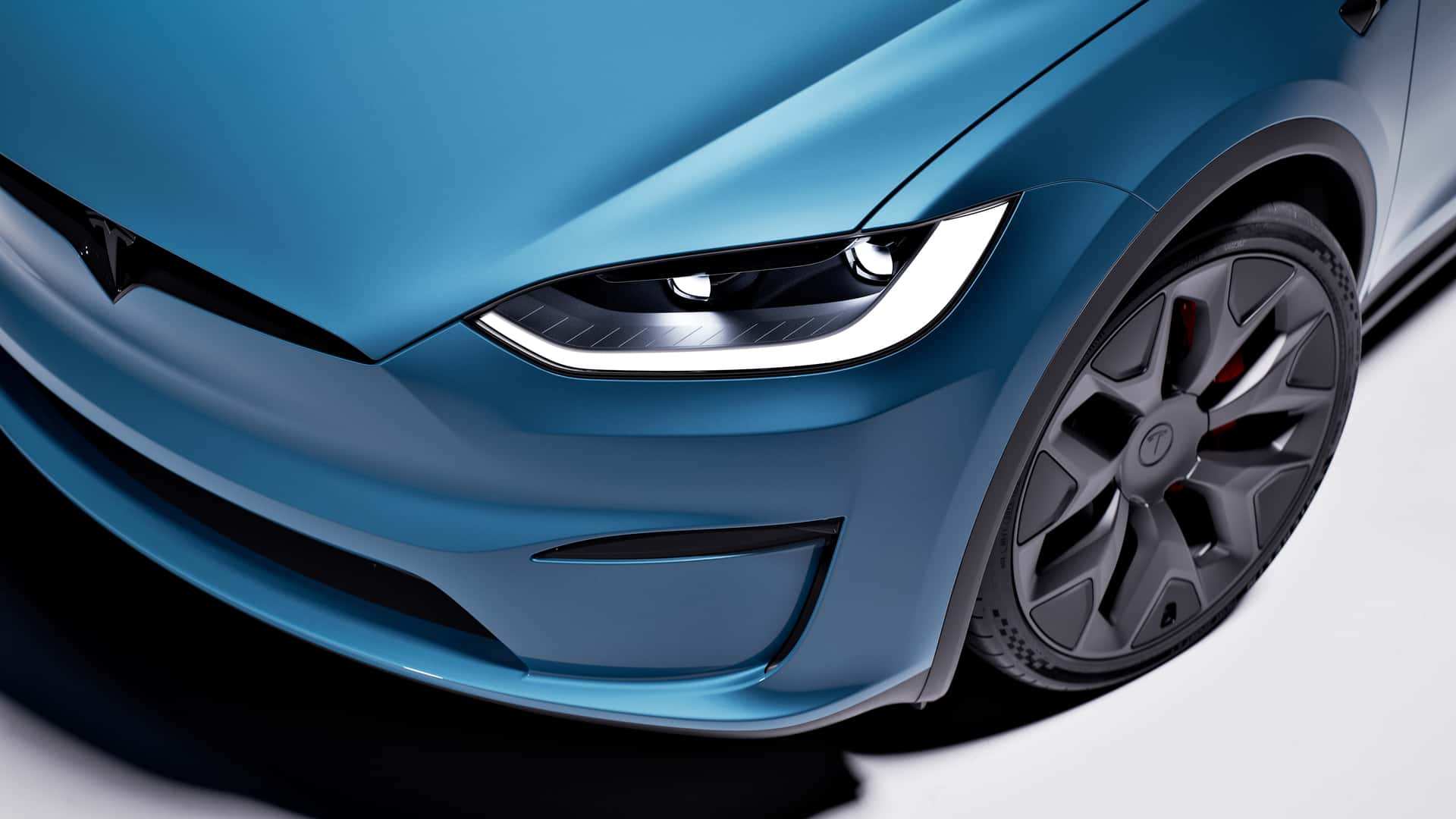
- In general, you shouldn't worry too much about battery degradation in modern electric cars.
- Still, cars from some brands appear to fare better over time as far as range is concerned.
- In any EV, the battery will lose capacity over the years. According to Recurrent, Hyundais are among the best, while BMWs and Jaguars lose more range.
Battery degradation in electric cars is definitely real—but it's not as big a problem as many people think. Yes, any electric vehicle will lose its capacity to hold a charge over time. But no, the impact typically won't be that significant, particularly in a modern car.
Still, the technology in this industry is constantly improving, and there are some brands that appear to handle range degradation better than others. Recurrent, a company that analyzes how EVs perform over time to help guide purchase decisions, ranked 14 brands based on how much range their vehicles tend to lose after three years on the road.
Recurrent's research, which draws from real-world telematics data from actual cars, found that Cadillac, Hyundai and Mercedes-Benz fared among the best. Tesla did well too, with over 96% range retention after three years. Volkswagens, BMWs and Jaguars experienced the most range loss over time, but still retained over 90% of their original range.
Here's the rest of the data:
Some additional context: The range benchmark for each vehicle is not its EPA-rated range, but rather the real-world range that customers experienced when the car first left the dealership. Liz Najman, Recurrent's director of market insights, told me that the sample sizes range from hundreds of vehicles to thousands, depending on the brand.
With that, let's dig a little deeper into these results. One obvious question is: How come some brands exhibit zero range loss at all? There may be a few reasons for that, Najman explains. And it doesn't mean those batteries are not aging at all.
For one, car companies build in battery buffers into their cars. And over time, as the battery degrades, they can unlock access to more of the battery pack so that the end user doesn't see any change in performance. Software updates can also influence efficiency and range—by tweaking regenerative braking or acceleration.
So this data isn't necessarily a pure measure of an EV's quality or longevity. However, there are definitely differences in the ways automakers approach things like heat management or charging. All of that can impact how a battery performs over time.

I can think of a few other explanations for the variety of outcomes here. Chevrolet may be ranked lower than Cadillac—despite the brands sharing a parent company in General Motors—because of the Chevy Bolt. It uses older technology that's probably more prone to age-related issues, versus the Cadillac EVs that all use GM's latest tech.
Similarly, Jaguar's I-Pace launched way back in 2018, so it isn't using cutting-edge tech either. BMW's results may be dragged down by the i3, an early electric effort it sold from 2014 to 2022.
It's important to note, too, that EVs typically have a predictable degradation curve. They bleed range more quickly in their first few years of life, then lose capacity gradually from then on. So the capacity loss an owner witnesses early on will be most of the damage they see over a vehicle's lifetime.
Although there are variations across brands, the bottom line for buyers based on Recurrent's research, Najman told me, is that you really don't have to worry about losing range.
"We found that most EVs actually exceed their EPA rating for the first year or two at least that they're on the road," she said. "So even though the batteries are aging, and even though the car is getting older, the range really should stay at or above the EPA range for several years, which should be a very wonderful surprise and a great driving experience for a lot of people."
Contact the author: Tim.Levin@InsideEVs.com








